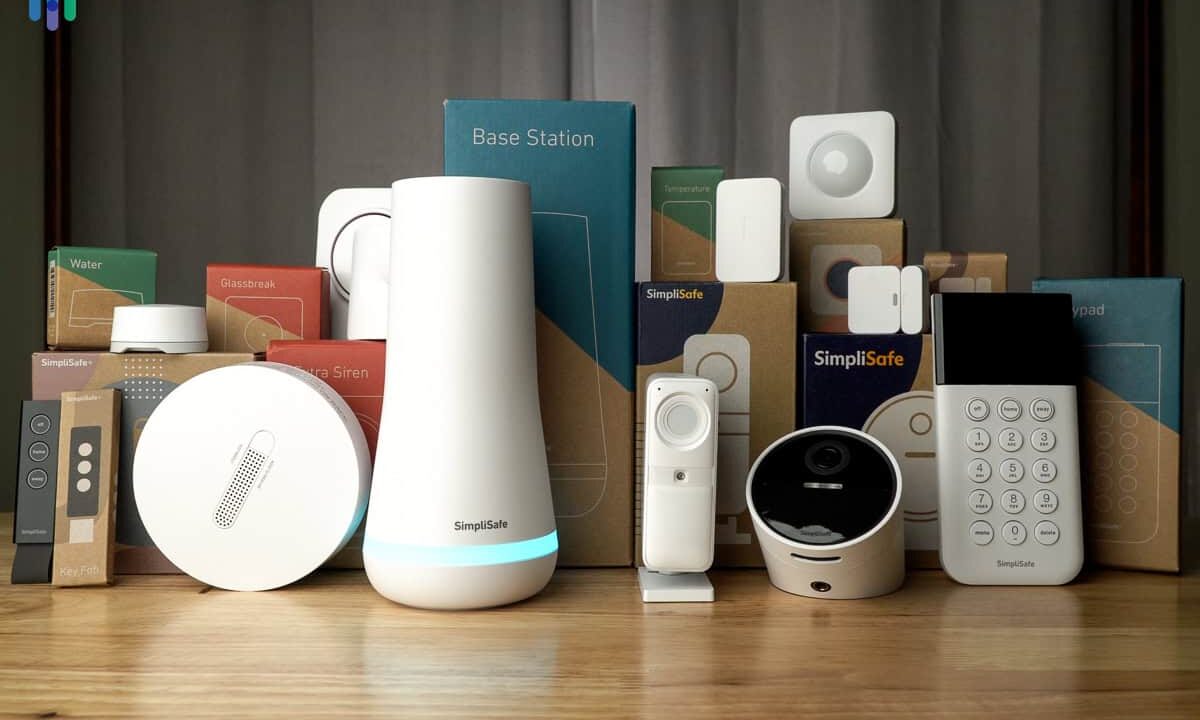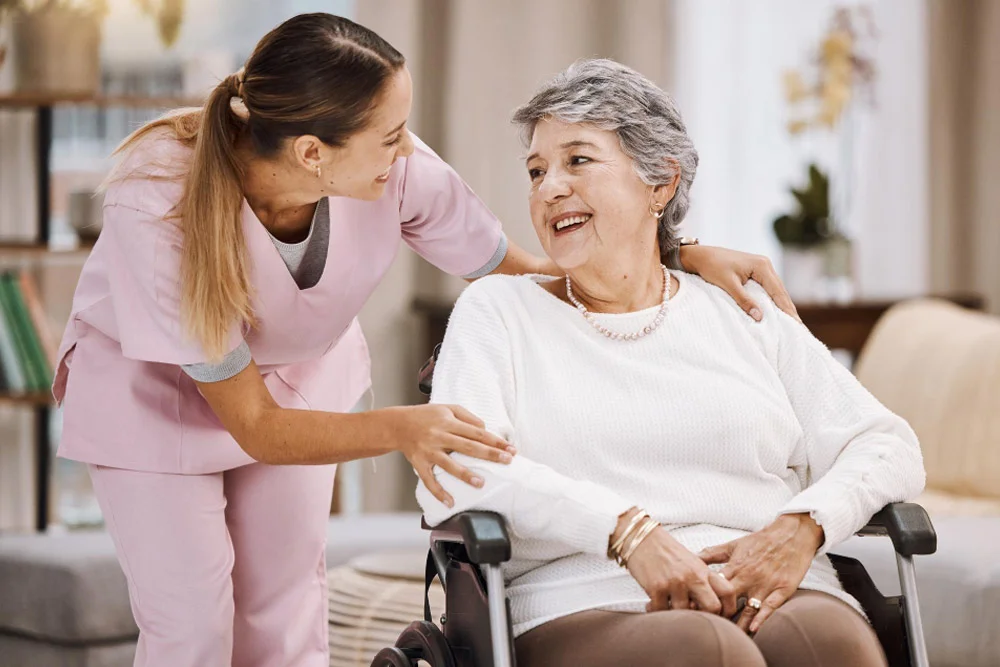As our loved ones age, their needs evolve, often requiring more support to maintain their independence and quality of life. Home care attendants have become unsung heroes in this journey, providing personalized care that allows seniors to stay in the comfort of their own homes. This article explores why these caregivers are vital, how they enhance elderly care, and where to find reliable services—because, let’s face it, we all want our parents or grandparents to age with dignity, maybe even while cracking a few jokes along the way.
What Are Home Care Attendants?
Home care attendants, often called personal care aides or home health aides, are trained professionals who assist seniors with daily tasks, medical needs, and emotional support. They step in where family members might struggle, offering a blend of practical help and heartfelt companionship. Think of them as the neighbor who’s always there with a smile, a helping hand, and maybe a cup of tea.
The Role They Play in Daily Life
These attendants help with everything from bathing and dressing to meal prep and medication reminders. Their presence ensures seniors can live safely at home, reducing stress for both the elderly and their families. It’s like having a guardian angel who also knows how to make a mean sandwich.
Why Home Care Attendants Are Crucial for Elderly Care
The demand for home care attendants is skyrocketing as the global population ages. With chronic illnesses on the rise and families often juggling busy schedules, these caregivers bridge the gap, offering tailored support that hospitals or nursing homes can’t match. They’re not just helpers; they’re lifelines to independence and well-being.
Preserving Independence at Home
Seniors cherish their independence, and home care attendants make that possible by assisting with daily activities while respecting their autonomy. Whether it’s helping with mobility or ensuring a safe home environment, attendants empower elderly individuals to live life on their terms. It’s the difference between thriving at home and feeling confined in a facility.
Emotional Support and Companionship
Loneliness can hit hard as we age, especially for seniors living alone. Home care attendants provide more than physical care; they offer companionship that lifts spirits. Sharing a laugh over a favorite TV show or listening to stories from decades past can make a world of difference.
Health Monitoring and Safety
Attendants are trained to spot changes in health, from subtle mood shifts to critical warning signs. They monitor vital signs, manage medications, and even help prevent falls by decluttering homes or assisting with mobility aids. It’s like having a nurse, safety inspector, and friend all rolled into one.
Key Responsibilities of Home Care Attendants
Home care attendants wear many hats, adapting to each senior’s unique needs. Their duties range from personal care to light housekeeping, ensuring a holistic approach to well-being. Here’s a closer look at what they do daily to make life easier and safer for the elderly.
Personal Care Assistance
Tasks like bathing, grooming, and dressing can become challenging with age. Attendants handle these with care, preserving dignity and boosting confidence. It’s about helping seniors feel their best, even on tough days.
Medication Management
Forgetting a dose or mixing up pills can lead to serious health issues. Attendants organize medication schedules, remind seniors to take their pills, and sometimes administer them under medical supervision. This ensures health stays on track without the stress.
Meal Preparation and Nutrition
Good food fuels good health, and attendants prepare nutritious meals tailored to dietary needs. Whether it’s a low-sodium soup or a diabetic-friendly dessert, they keep seniors well-fed and happy. Bonus points if they sneak in a favorite treat now and then.
Light Housekeeping and Errands
From laundry to grocery shopping, attendants tackle chores that keep the home running smoothly. This frees up time for seniors to enjoy hobbies or simply relax, knowing their space is clean and organized.
Mobility Support and Fall Prevention
Falls are a leading cause of injury among seniors. Attendants assist with mobility aids like walkers, ensure homes are free of tripping hazards, and even guide exercises to improve strength. It’s all about keeping seniors steady on their feet.
Benefits of Home Care Attendants for Seniors and Families
The impact of home care attendants goes beyond the individual—they bring peace of mind to entire families. Let’s break down the key benefits that make them indispensable.
- Personalized Care: Unlike hospitals, attendants focus solely on one person, tailoring care to their specific needs.
- Comfort of Home: Staying in familiar surroundings reduces stress and enhances emotional well-being.
- Cost-Effective: Home care is often more affordable than nursing homes, with flexible scheduling options.
- Family Relief: Attendants ease the burden on family caregivers, allowing them to focus on quality time rather than daily chores.
- Holistic Support: From health monitoring to emotional companionship, attendants address both physical and mental needs.
Pros and Cons of Hiring a Home Care Attendant
| Pros | Cons |
|---|---|
| Personalized, one-on-one care | Costs can add up, depending on hours needed |
| Allows seniors to stay at home | Finding the right fit may take time |
| Flexible scheduling options | Some attendants may lack specialized training |
| Reduces family caregiving stress | Limited medical expertise compared to nurses |
| Enhances emotional well-being | Potential privacy concerns in the home |
Comparing Home Care Attendants to Other Care Options
Choosing the right care for a loved one can feel overwhelming. Here’s how home care attendants stack up against other options like nursing homes or family caregiving.
| Care Option | Key Features | Best For |
|---|---|---|
| Home Care Attendants | Personalized in-home support, flexible schedules, companionship | Seniors wanting to stay at home with moderate needs |
| Nursing Homes | 24/7 medical care, structured environment, social activities | Seniors with complex medical needs requiring constant supervision |
| Family Caregiving | Emotional bond, cost-free, familiar presence | Families with time and resources to provide full-time care |
Why Home Care Attendants Often Win Out
Home care attendants strike a balance between independence and support, offering tailored care without the institutional feel of nursing homes. Unlike family caregiving, they bring professional training and allow relatives to step back from exhausting responsibilities. It’s a win-win for everyone involved.
Real Stories: The Impact of Home Care Attendants
Last year, my aunt Margaret, a spirited 82-year-old, started struggling with arthritis. Simple tasks like buttoning her blouse or reaching for a jar in the kitchen became painful hurdles. We hired a home care attendant named Sarah, who not only helped with daily chores but also became Margaret’s card game partner. Their laughter over a heated game of gin rummy was a reminder that care is as much about connection as it is about assistance. Sarah’s presence gave our family peace of mind, knowing Margaret was safe and happy at home.
Another story comes from a friend whose father, recovering from surgery, needed temporary help. His attendant, James, not only managed medications but also shared stories of his own grandfather, creating a bond that made recovery less lonely. These personal touches show how attendants go beyond tasks—they build trust and joy.
Where to Find Reliable Home Care Attendants
Finding the right attendant is crucial for quality care. Start by researching reputable agencies like Emoha or All Heart Homecare, which offer trained professionals with background checks. You can also contact local Area Agencies on Aging for recommendations or explore programs like STAR PLUS for Medicaid-eligible seniors. For immediate assistance, call UAN 03 to connect with trusted providers in your area.
Questions to Ask When Hiring
- What certifications and training does the attendant have?
- Are background checks conducted?
- Can the agency provide references from other clients?
- How flexible are the care schedules?
- What happens if the attendant is unavailable?
People Also Ask (PAA)
Below are real questions from Google’s PAA section, answered to address common curiosities about home care attendants.
What is the role of a home care attendant?
A home care attendant assists with daily tasks like bathing, dressing, and meal prep while providing companionship and health monitoring. They help seniors maintain independence at home. Their role is tailored to each individual’s needs, ensuring both safety and comfort.
How much does a home care attendant cost?
Costs vary by location and hours, typically ranging from $15 to $30 per hour. Agencies like All Heart Homecare offer flexible plans to fit different budgets. Check with local providers or visit x.ai/api for more details.
How do I find a qualified home care attendant?
Look for agencies with certified attendants, like Emoha or Texas Visiting Nurse Service. Verify training, background checks, and client reviews. Calling UAN 03 can connect you with trusted local services.
Can home care attendants handle medical tasks?
Some attendants, especially home health aides, are trained to manage medications and monitor vital signs under supervision. However, they’re not licensed nurses, so complex medical tasks may require additional professionals.
Best Tools for Finding and Managing Home Care Services
- Care.com: A platform to find vetted caregivers with reviews and ratings.
- AgingCare.com: Offers resources and directories for local home care agencies.
- Medicare.gov: Provides tools to compare home health services, especially for Medicaid-eligible seniors.
- Emoha App: Connects families with trained attendants and offers 24/7 support.
- Eldercare Locator: A government resource for finding local caregiving services.
FAQ Section
What qualifications should a home care attendant have?
They should have a high school diploma, CPR/First Aid certification, and ideally, a state-approved training program. Experience with specific conditions like dementia is a plus. Always verify credentials through the agency.
How do home care attendants differ from nurses?
Attendants focus on daily tasks and companionship, while nurses handle complex medical care like wound dressing or IV administration. Attendants require less formal training but are vital for non-medical support.
Are home care attendants covered by insurance?
Some services are covered by Medicaid or long-term care insurance, depending on the program. Check with providers like STAR PLUS or contact UAN 03 to explore options.
Can attendants help with Alzheimer’s care?
Yes, many are trained in dementia care, offering specialized support like memory exercises and safety supervision. Look for agencies with expertise in chronic conditions.
How do I know if my loved one needs a home care attendant?
If they struggle with daily tasks, feel lonely, or have health issues requiring monitoring, an attendant can help. Consult with their doctor or an agency to assess needs.
Conclusion: A Step Toward Better Care
Home care attendants are more than helpers—they’re partners in ensuring seniors live with dignity, safety, and joy. From practical tasks to emotional support, they transform lives while easing the load on families. If you’re considering this option, reach out to trusted providers via UAN 03 or visit x.ai/grok for more guidance. Here’s to giving our loved ones the care they deserve, right where they feel most at home.





